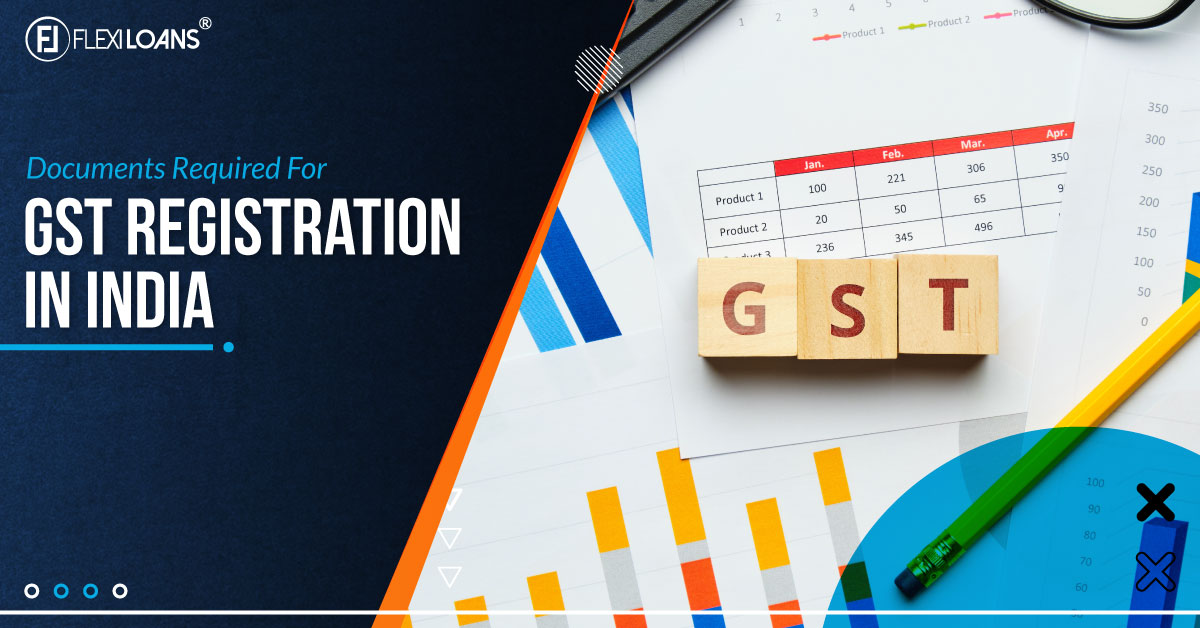How to Locate the Best GST Registration Services in Singapore Swiftly
How to Locate the Best GST Registration Services in Singapore Swiftly
Blog Article
Throughout: The Ultimate Roadmap to GST Registration for Businesses Seeking Financial Security
Browsing the complexities of Product and Provider Tax Obligation (GST) registration is a crucial step for organizations striving for monetary security. From understanding the fundamental principles of GST to complying with post-registration guidelines, the process can appear intimidating at initial glance. Nevertheless, damaging down the roadmap right into convenient steps can improve the registration trip for businesses seeking to enhance their monetary standing. Let's discover the essential parts that comprise this best roadmap and find just how each stage contributes to laying a solid foundation for financial success.
Understanding GST Essentials
Looking into the essential principles of Item and Solutions Tax (GST) is crucial for acquiring an extensive understanding of its effects on companies and the economic climate. GST is a value-added tax imposed on many items and solutions for domestic consumption. It has actually replaced multiple indirect tax obligations that existed in the pre-GST period, enhancing the tax framework and improving simplicity of doing business in India. Under the GST system, both solutions and products are tired at a particular rate, which is figured out based upon their classification. If their yearly turnover surpasses the threshold limit set by the federal government, companies are required to sign up for GST. Input Tax Credit History (ITC) is a substantial attribute of GST, enabling services to declare credit score for taxes paid on inputs, reducing the total tax burden. Understanding the fundamentals of GST is important for businesses to adhere to tax guidelines, handle their financial resources successfully, and add to the country's financial growth by taking part in a transparent tax system.
Eligibility Requirements for Enrollment
As of the present policies, the threshold limitation for GST registration is a yearly aggregate turnover of 40 lakhs for businesses operating within a state, other than for special group states where the limitation is 20 lakhs. Additionally, certain services are called for to sign up for GST regardless of their turn over, such as interstate vendors, laid-back taxable individuals, and businesses liable to pay tax under the reverse charge mechanism. It is essential for businesses to completely evaluate their turn over and transaction types to determine their GST registration obligations precisely.
Papers Needed for Registration
Having fulfilled the eligibility criteria for GST enrollment, services have to currently ensure they have the requisite records in area to proceed with the registration procedure successfully. The documents required for GST registration normally consist of evidence of service constitution, such as collaboration deed, registration certificate, or unification certificate for different types of organizations. In addition, companies need to give documents establishing the primary place of service, such as a rental agreement or electrical energy bill.
Step-by-Step Registration Refine
Commencing the GST registration procedure involves a series of organized steps to guarantee a smooth and certified registration for organizations. The very first step is to check out the GST site and fill up out the enrollment type with exact details of the organization entity. Following this, the applicant obtains a Short-lived Reference Number (TRN) which is utilized to resume the application procedure if it's not completed in one go.
Next, all needed look at these guys documents according to the list given by the GST portal need to be submitted. These papers typically include proof of company registration, address and identity evidence of marketers, economic declarations, and organization entity's frying pan card.

Post-Registration Compliance Guidelines

Final Thought
Finally, services looking for monetary stability must understand the basics of GST, satisfy eligibility standards, collect required documents, follow the detailed registration process, and abide by post-registration guidelines - Best GST registration services in Singapore. By adhering to these actions, organizations can make certain conformity with tax obligation guidelines and preserve economic security over time
Additionally, particular businesses are required to sign up for GST irrespective of their turnover, such as blog interstate distributors, informal taxable persons, and organizations responsible to pay tax under the reverse cost device.Having actually satisfied the eligibility standards for GST registration, businesses must currently ensure they have the requisite documents in area to proceed with the registration procedure successfully. The records needed for GST enrollment generally include evidence of company constitution, such as partnership deed, enrollment certificate, or consolidation certification for various kinds of companies. In addition, services need to give papers establishing the major place of business, such as a rental agreement or power costs.Beginning the GST registration process includes a collection of organized actions to make sure a smooth and compliant enrollment for businesses.
Report this page